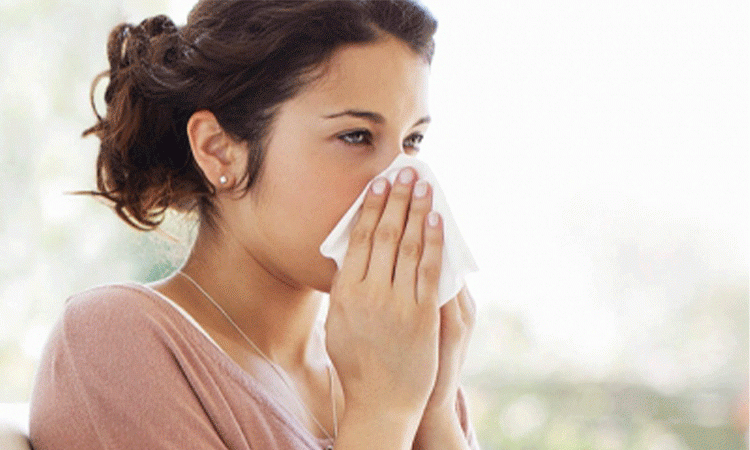After three years of the deadly pandemic, India is currently facing a cocktail of viruses -- putting healthcare providers on their toes as millions continue to suffer amid a poor Covid/flu protocol, with no masking.
Most of these illnesses carry similar symptoms and specific testing is needed to detect the illness and confirm a diagnosis.
In the last couple of months, India has witnessed a sudden rise in H3N2 (a subtype of the influenza A virus), H1N1 (Swine Flu), Respiratory Syncytial Virus (RSV) and, of course, new Omicron XBB 1.16 variant.
There were 13,202 reported H1NI cases last year, with 410 deaths. In comparison, 12 people died from swine flu in 2021.
Also Read | High BP in men in their 30s linked with dementia risk in their 70s
The death toll due to the H3N2 virus climbed to nine last month.
India on Saturday recorded 6,155 fresh Covid-19 infections, while the number of active cases increased to 31,194, according to the Health Ministry data.
The Covid death toll has increased to 5,30,943 with 14 fresh deaths.
According to leading health experts, the sudden increase in the number of cases could be as a result of several factors, including seasonal reasons (one typically sees a spike in upper respiratory infections during spring in India), deterioration in adherence to Covid-19 protocols, which also reduced transmission of other virus infections and waning immunity due to a long time having elapsed since vaccination.
"A periodic increase in cases of Covid-19 is to be expected, and it may be premature to call it a wave. Even with other endemic viral infections, there are ebbs and flows in the number of cases," said Dr Vivekanand Jha, Executive Director, George Institute India.
Dr Amit Prasad, Associate Professor, School of Biosciences and Bioengineering, IIT Mandi, told IANS that the rise in respiratory viral infections may be due to strain improvements of these existing viruses due to "antigenic drift" which is common among flu viruses.
"This antigenic drift is slow accumulation of changes on the surface antigens like HA and NA. These are virus surface proteins hemagglutinin (HA) and neuraminidase (NA), which acts as antigens which are detected by the human/host immune system and are capable of triggering immune response i.e antibody formation finally," Prasad explained.
Due to change in the surface proteins composition the existing antibodies do not neutralise these new strains and that gives opportunity to a virus for making infection.
Another reason could be in general low immunity in post-Covid era.
According to Dr Krishan Chugh, Principal Director and head of department of paediatrics, Fortis Memorial Research Institute, RSV is being seen more commonly currently compared to similar periods of previous years.
"This is probably a post covid effect. Children were confined to their homes in the last two seasons due to the lockdown of covid pandemic and were not exposed to this virus. Hence they didn't develop immunity to it and this year, when they have started mixing with their cousins and friends and day care mates this infection is easily spreading from one to the other," Chug told IANS.
Further, delayed full summer this year continues to provide favourable temperatures for this virus to thrive and spread even in the month of April.
The rise in Covid cases is seasonal and will subside after some time, said experts.
WHO had already declared that new variants of Covid will behave like seasonal flu and this new variant Omicron XBB 1.16 might be a reason for concern "but as no hospitalisation surge is associated so not much to worry about, but we should follow the Covid appropriate behaviour for safety," said Prasad.


















